Thanks to the internet, patients today have access to more information when researching a plastic surgeon and/or a specific cosmetic procedure than at any other time in history. Which is great news. But often times, that information is contradictory. One surgeon may recommend one approach or technique as the best for that specific procedure while another surgeon may say the exact opposite. How does the patient figure out which one’s right? Our experts weigh in on this and the bigger question: Is the internet helpful or harmful to plastic surgery patients?
by Katherine Stuart
and The Plastic Surgery Channel
The Internet Has Revolutionized Plastic Surgery
All of our panelists agree that the internet has revolutionized plastic surgery particularly in terms of how patients find, vet, and pick a surgeon. “I think the most popular page on any website is the before and after gallery,” says Dr. Constantino Mendieta of Miami. But the problem is that “plastic surgeons are like designers”. Each has his or her own unique opinion on beauty and how best to achieve it. Which is one of the reasons that patients can find such differing views on the right approach to a procedure when doing their internet research.
Another, according to Dr. Mendieta, is that many surgeons are now exploiting the marketing aspect of the internet by saying things that are a little “too far out there” in order to garner attention, views and publicity. One of the best ways to ensure that a surgeon’s opinion is valid and sound is to find one who’s board certified by the either the American Society of Plastic Surgeons (ASPS) or the American Society of Aesthetic Plastic Surgery (ASAPS). It’s easy to look for either logo on a surgeon’s website. If you see it then you know that he or she has gone through rigorous training, examinations, and also works to educate colleagues. “If you find one of those logos on their website then all the homework has been done for you,” says Mendieta. One can then examine that specific surgeon’s before & after pictures to see whether or not his or her aesthetic matches your own. It’s really important that you do your homework, but keep in mind that if a surgeon is saying something that’s, “too good to be true, it probably is”.
Just Because It’s On the Internet Doesn’t Mean It’s Right
Dr. Christine Hamori of Boston couldn’t agree more on the importance of finding a surgeon who is board certified and the positive side to the internet in terms of patient research. The downside, for her is, “sometimes patients go to the internet and then they think they’re experts.” They come in for a consultation and start to tell the surgeon how to do the surgery. It’s difficult for the surgeon to have to then shift that perception and let the patient know that, “I am the expert.” Furthermore, a lot of the information that the patients are referencing is actually incorrect. “You have to reeducate those people,” says Hamori.
Certain websites have gotten credibility because of their popularity, not because they are actually accurate. How can a patient know if the surgeon is actually an expert on the procedure or simply an expert on the internet? According to Dr. William P. Adams of Dallas, there are four things to look for on a surgeon’s website to determine if he or she is legitimately an expert:
- Has the surgeon been invited to educate at national meetings?
- Has he or she been invited to perform live surgeries at these meetings?
- Has the surgeon written certain peer reviewed publications?
- Has the surgeon had any books published?
The right cosmetic procedure performed correctly can change lives. When doing your research, look for the board certification logos and see if the surgeon meets any of the above 4 criteria.And yes, ask questions, but also listen.

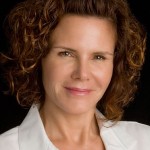
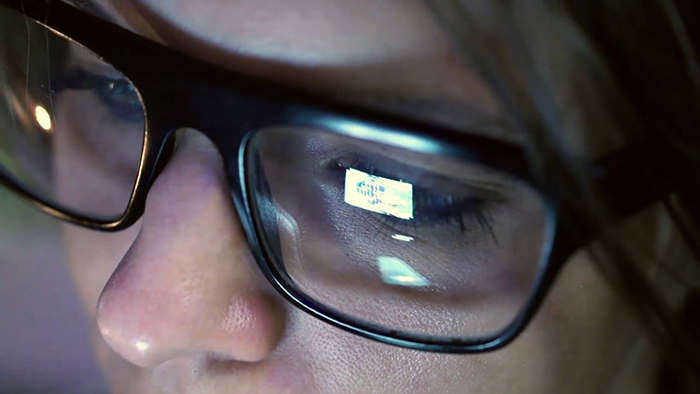
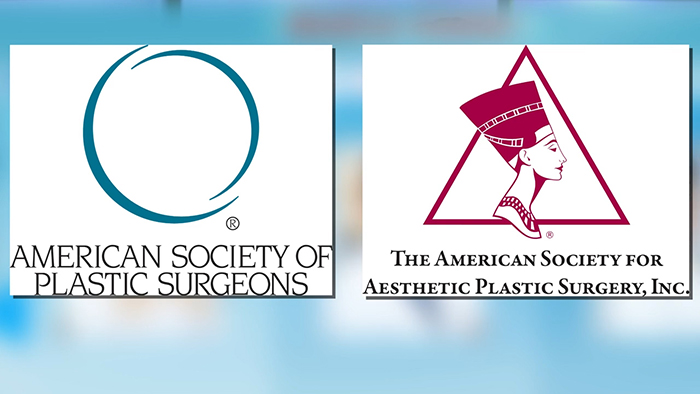
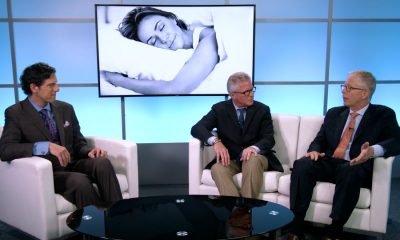
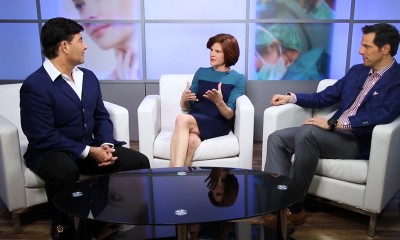
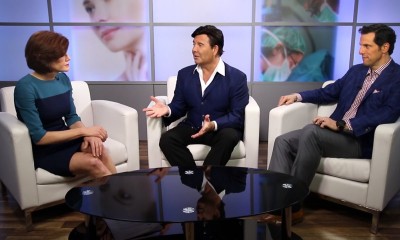
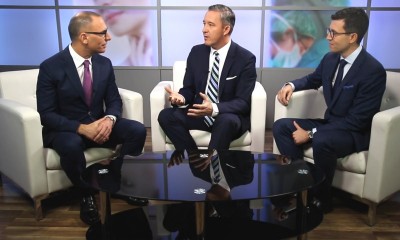
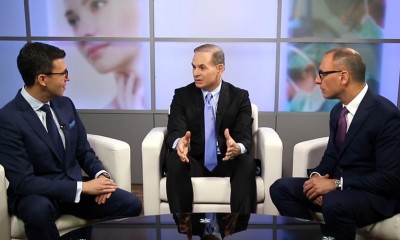
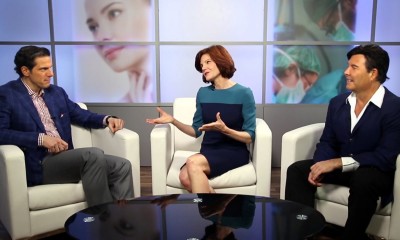
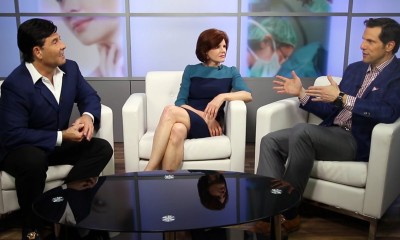
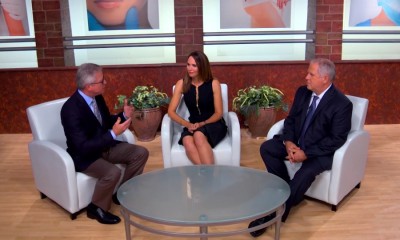





Facebook
Twitter
Instagram
YouTube
RSS